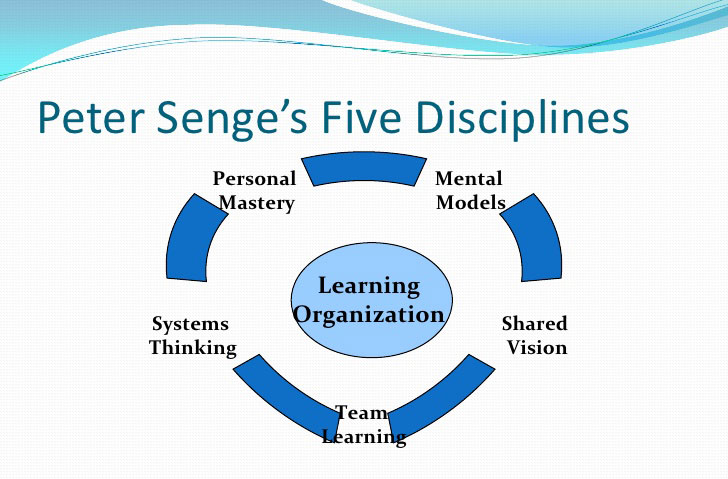
Discipline is a crucial skill that allows us to achieve a balanced and fulfilling life. It is the art of taking control of our actions, thoughts, and emotions, and directing them towards the goals and values that matter most to us. In a world filled with distractions and constant demands for our attention, learning discipline can be challenging. However, with practice and dedication, it is possible to transform chaos into control and create a life that is aligned with our passions and purpose.
One of the key aspects of learning discipline is setting clear goals and priorities. Without a sense of direction, it is easy to get caught up in the whirlwind of daily life and lose sight of what truly matters. By identifying our core values and defining our long-term aspirations, we can establish a framework that guides our actions and decisions. With a clear vision in mind, we can prioritize our tasks and allocate our time and energy according to what is most important to us.
In addition to setting goals, discipline also involves developing effective habits and routines. Habits are the building blocks of our daily lives, and they determine the level of success and fulfillment we experience. By cultivating habits that support our goals, such as regular exercise, healthy eating, and consistent sleep patterns, we can create a solid foundation for a balanced life. Developing a routine that includes time for work, leisure, and self-care is also essential for maintaining discipline and preventing burnout.
Another important aspect of learning discipline is cultivating self-awareness. Discipline requires us to have a deep understanding of our strengths, weaknesses, triggers, and patterns of behavior. By observing ourselves without judgment and reflecting on our actions and choices, we can gain valuable insights into our habits and tendencies. With this self-awareness, we can identify areas where we need to exercise more discipline and make conscious efforts to change our behavior.
Furthermore, discipline involves managing our time effectively. Time is a finite resource, and how we choose to spend it determines the quality of our lives. Learning to prioritize our activities, eliminate time-wasting behaviors, and utilize tools such as calendars and to-do lists can help us make the most of our time. By setting specific deadlines and breaking tasks into manageable chunks, we can avoid feeling overwhelmed and stay focused and productive.
Learning discipline also requires us to cultivate a growth mindset. A growth mindset is the belief that our abilities and intelligence can be developed through hard work, dedication, and continuous learning. With a growth mindset, we see challenges as opportunities for growth and embrace failure as a stepping stone to success. By adopting this mindset, we can overcome obstacles with resilience and perseverance, and we are more likely to stay disciplined in the face of setbacks and adversity.
Lastly, discipline is not about self-punishment or deprivation, but rather about finding a balance between discipline and flexibility. While discipline provides structure and stability, it is important to allow for spontaneity and enjoyment in life. It is essential to make time for relaxation, hobbies, and socializing, as these activities promote overall well-being and prevent burnout. By finding the right balance between structure and flexibility, we can create a disciplined life that is also joyful and fulfilling.
In conclusion, learning discipline is a lifelong journey that requires practice, self-reflection, and a commitment to personal growth. By setting clear goals, developing effective habits, cultivating self-awareness, managing time efficiently, adopting a growth mindset, and finding a balance between discipline and flexibility, we can transform chaos into control and create a balanced and fulfilling life. Discipline is not about perfection, but rather about progress and continuous improvement. With discipline as our guide, we can make conscious choices that align with our values and bring us closer to our vision of a meaningful and purposeful life.
